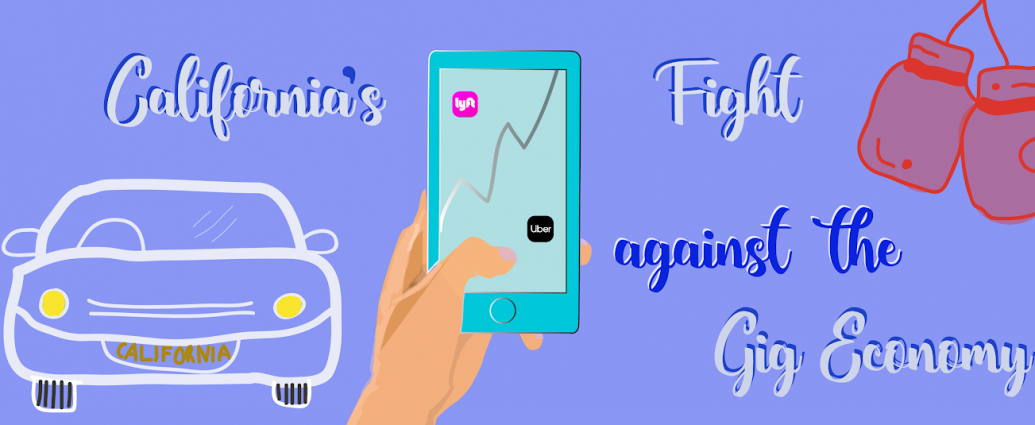Cryptocurrency’s Conundrums
Cryptocurrency’s conundrum is that businesses will not want to accept cryptocurrencies as a payment method until its value stabilizes (the price of cryptocurrencies routinely yo-yo by five percent per day). The value can only become more stable once people start using it to actually purchase goods and services. Instead, cryptocurrency prices are currently determined by speculators. In other words, cryptocurrency’s future transactional demand will only really increase once its present transactional demand increases since this is the only thing that will allow its value to be sufficiently stable for businesses to accept. Continue Reading



